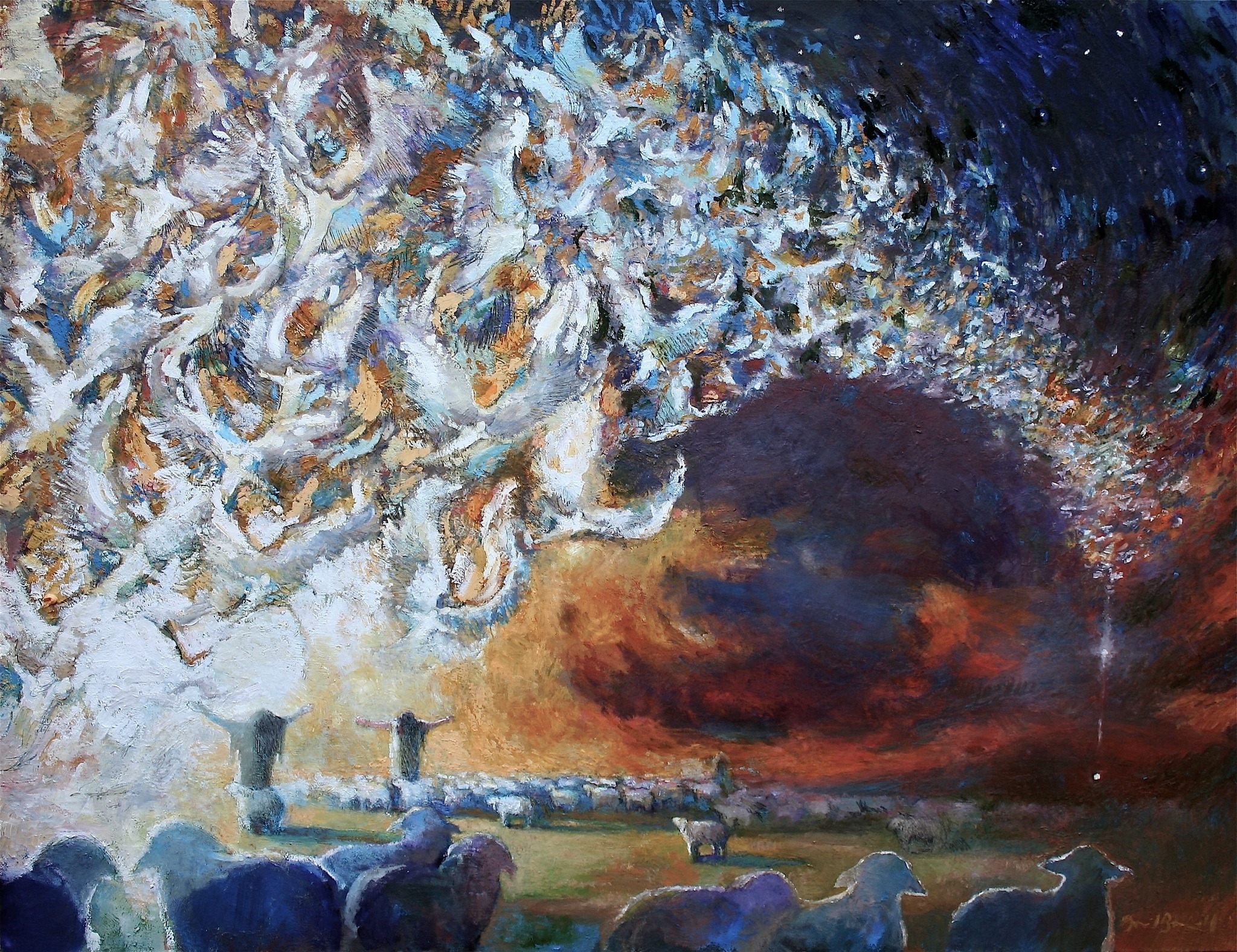Luke 6:27-38
Fr Leonard E Dollentas
We may find Jesus’ invitation in today’s Gospel reading (Luke 6:27-38) challenging us always to, “love your enemies, do good to those who hate you, bless those who curse you, pray for those who treat you badly… If you love those who love you, what thanks can you expect? Even sinners love those who love them.” But we have to remember that Jesus didn’t instruct us to live and practice what Himself never practiced. While on earth, Jesus Christ was the friend of those who were discriminated upon or considered as outcasts and sinners (Lu 15:2) and while still hanging on the cross, with the excruciating pain of the crucifixion, Jesus prayed for those who persecuted Him “Father, forgive them; for they know not what they do” (Lk 23:34).
The encounter between David and Saul at the heat of Saul’s move to terminate the life and mission of David in the First Reading (I Samuel 26:2,7-9,11-13,22-23) teaches us that it is indeed possible to be saturated by the word of God as to make love the center of our actions. With the opportunity he must have naturally and humanly desired at his doorpost, he realized that to be revengeful was never the path to success and victory. Rather, that compassion, which comes only from a heart filled with love and lets us transcend our natural inclinations, surely leads to victory. Discrimination and revenge always lead to destruction, disintegration and hate whereas love always builds up. Love leads us to operate on a different level and pedestal! If the story of David in seems historically far remote from us, then let us refer to a more contemporary story. It is a story about a mother whose only child was shot dead, but she eventually showed unconditional forgiveness to her son’s killer.
The mother was 59 years of age at the time the story was written in 2011. In February 1993, her 20-year-old son was shot in the head by the then 16- year-old youngster named Israel after an argument at a party. Israel, who was involved with drugs and gangs, was tried as an adult and sentenced to 25 and a half years in prison. He served 17 before being released. He now lives back in the neighborhood where he grew up – next door to the mother of the young man he murdered. The mother of the boy, who was shot, said she originally wanted justice and to see Israel locked up for what he had done. She said: ‘My son was gone; I was angry and hated this boy. The murder was like a tsunami. As a mother she was shocked, in disbelief and carried hatred. She wanted him to be caged up like the animal he was.
After much prayer she did an unthinkable commitment: she decided to found a support group and counselled mothers whose children had been killed and encouraged them to reach out to the families of their murderers, who were victims of another kind. “Hurt is hurt, it doesn’t matter what side you are on,” she said. The commitment even goes deeper when she asked if she could meet Israel at the state prison. She said she felt compelled to see if there was a way in which she could forgive her son’s killer. At first the young killer refused but then nine months later, changed his mind. Israel said he was shocked that the mother of the boy he killed wanted to meet him. They met regularly after that. With God’s grace the two became close friends, a situation that she puts down to her strong religious beliefs but says she also has a selfish motive. She said: “Unforgiveness is like cancer. It will eat you from the inside out. It’s not about that other person, me, forgiving him does not diminish what he’s done. Yes, he murdered my son – but the forgiveness is for me.” The mother even wears a necklace with a two-sided locket – on one side are photos of herself and her son; the other has a picture of Israel. Israel admits he still struggles with the extraordinary situation he finds himself in. After he was released from prison, he visits prisons and churches to talk about forgiveness and reconciliation. The mother of the murdered boy often joins him, and they tell their story together.
This forgiving mother models for us the heavenly Father who forgives us despite crucifying His only Begotten Son. She teaches us that if an enemy who commits such a heinous crime of killing an only child can be forgiven, then many of the reasons for which we still consider others as our enemies can easily be forgiven. Finally, she teaches us forgiveness is for the good of those who forgive.
Thus, if we feel too much to love our enemies, let us turn to God who loved us first even when we are not really worthy of His love. If we feel like judging others, let us remember God’s mercy on all His children, good or bad. Likewise, when we could hardly give away our hard-earned money, let us be reminded how God had been so generous to us.
Let us, therefore, forgive our enemies and love for them will flow into our hearts.


 Follow
Follow

